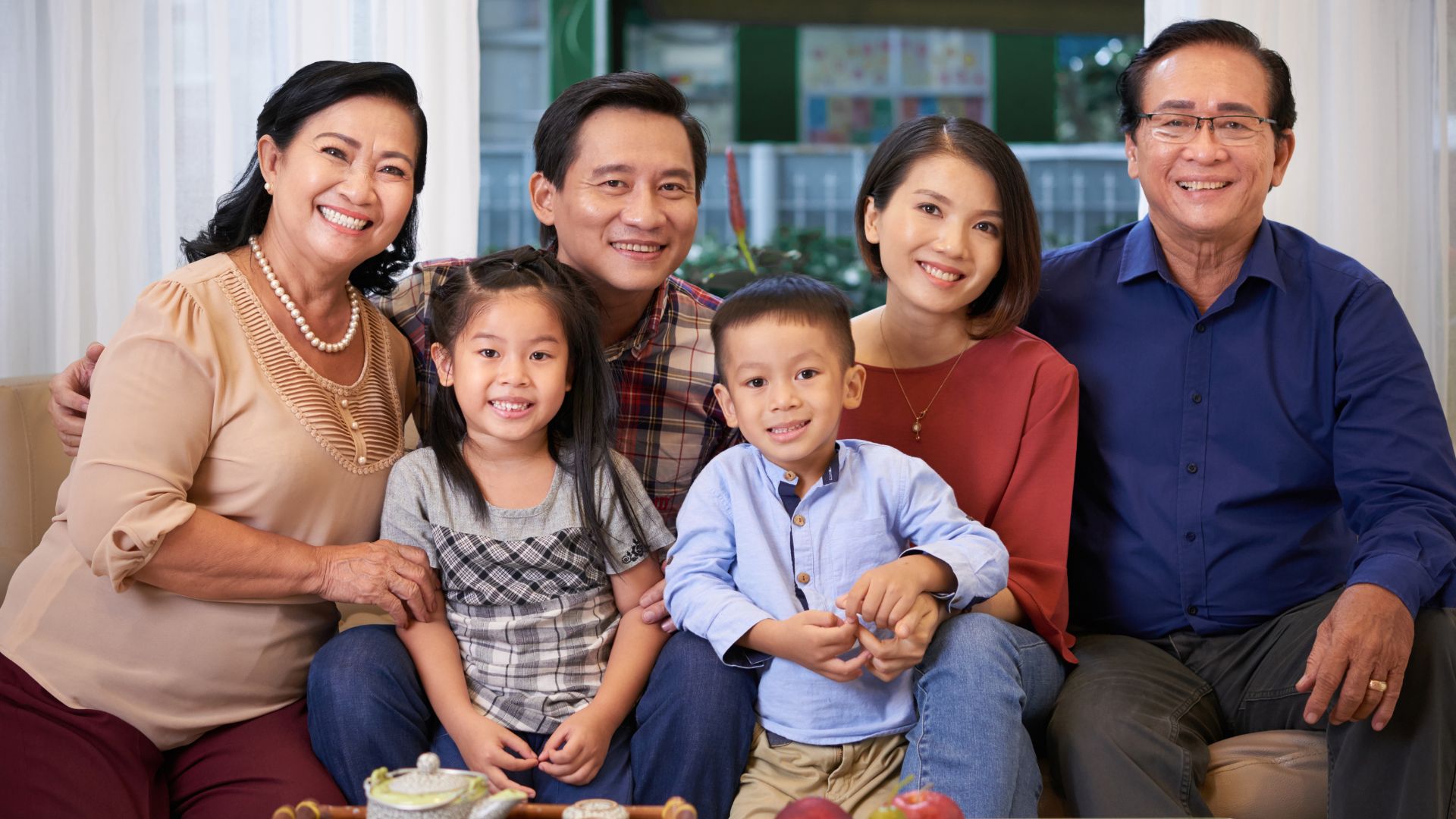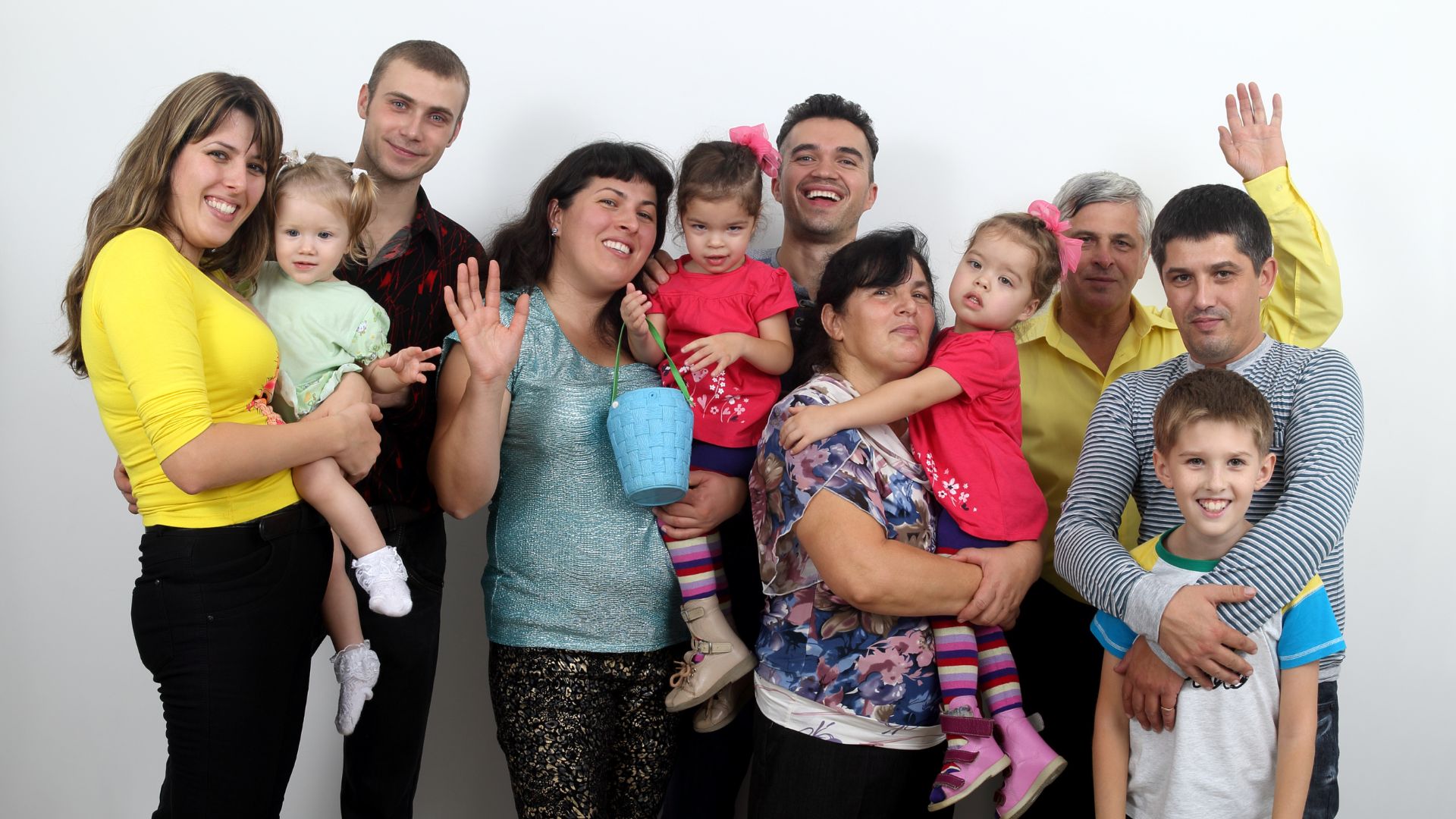Exploring family vocabulary in German isn’t just about learning new words—it’s a glimpse into how Germans view family. Each term for family members, from close relatives to distant ones, shows us the deep connections and emotional ties that are part of family life in Germany. As we go through these 44 key words, think about how language reflects our ideas of family. What can these words tell us about the way Germans live and value family? What do they reveal about German culture and social norms?
Immediate Family Members in German

In German culture, the term for immediate family is ‘Kernfamilie,’ which usually means parents and their children. This close-knit group is central to daily life.
| German | English |
| Die Familie | The family |
| Die Eltern | The parents |
| Der Vater | The father |
| Die Mutter | The mother |
| Das Kind | The child |
| Der Sohn | The son |
| Die Tochter | The daughter |
| Der Bruder | The brother |
| Die Schwester | The sister |
| Die Geschwister | The siblings |
| Der Ehemann | The husband |
| Die Ehefrau | The wife |
| Die Großeltern | The grandparents |
| Der Großvater | The grandfather |
| Die Großmutter | The grandmother |
| Der Enkel | The grandson |
| Die Enkelin | The granddaughter |
| Die Enkelkinder | The grandchildren |
Also Read: 30 Delicious Fruits In German To Sweeten Your Vocabulary
Extended and Chosen Family in German

In German culture, the extended family is important. This group usually includes grandparents, aunts, uncles, and cousins. They play a big part in everyday life and at special events. Besides blood relatives, there are chosen families. Extended family members help raise and support children, adding to a sense of community. Chosen families provide strong emotional support and care. Both types of families are considered part of the broader family concept, enhancing lives with different kinds of friendship, advice, and help.
| German | English |
| Der Onkel | The uncle |
| Die Tante | The aunt |
| Der Cousin | The male cousin |
| Die Cousine | The female cousin |
| Der Neffe | The nephew |
| Die Nichte | The niece |
| Die Schwiegereltern | The parents-in-law |
| Der Schwiegervater | The father-in-law |
| Die Schwiegermutter | The mother-in-law |
| Der Schwager | The brother-in-law |
| Die Schwägerin | The sister-in-law |
| Der Stiefelternteil | The stepparent |
| Der Stiefvater | The stepfather |
| Die Stiefmutter | The stepmother |
| Das Stiefkind | The stepchild |
| Der Stiefbruder | The stepbrother |
| Die Stiefschwester | The stepsister |
| Der Patenonkel | The godfather |
| Die Patentante | The godmother |
| Das Patenkind | The godchild |
| Der Vormund | The guardian |
| Der Pflegevater | The foster father |
| Die Pflegemutter | The foster mother |
| Das Pflegekind | The foster child |
| Der Lebenspartner / Die Lebenspartnerin | The life partner |
| Der Wahlbruder / Die Wahlschwester | The chosen brother / sister |
| Die Wahlfamilie | The chosen family |
Also Read: 50 Unique Ways To Say Thank You & You’re Welcome In German
Conclusion
Learning family-related words in German does more than just improve your language skills. It also gives you a glimpse into Germany’s culture, showing how much they value family ties. The terms for close and distant relatives, and even for people we choose as family, highlight the importance of these connections. By understanding these words, you get a better idea of German family dynamics and social life. So, diving into this part of the German language really helps you see how Germans interact with each other.
Keep Visiting Translation Blog for more translation articles like this!

